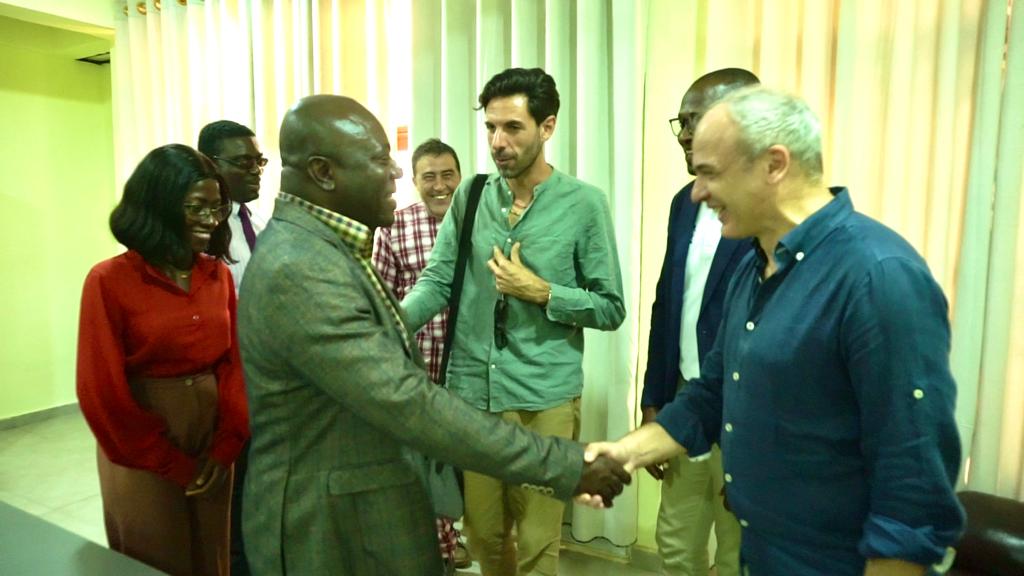
By Yaw Ansah, GNA
Accra, March 20, GNA-In the quest to increase yields of crops, ensure food security in the midst of long drought and torrential rains, the first cohort of Agriculture experts are receiving training to support the development of smallholder farmers.
Under the Technologies for Africa Agricultural Transformation (TAAT), a framework developed by the Africa Development Bank, the participants after the training would be mandated to train others and set up innovation platforms as a proof that they had acquired the knowledge in three months.
Additionally, the TAAT being implemented by Forum for Agriculture Research in Africa and its collaborators would enhance the use of proven agricultural technologies among the stakeholders to foster the needed change through farm-level productivity and value chain development
Professor Wole Fatunbi, Lead Specialist Innovation Systems and Partnerships at FARA speaking at the opening of the three-day workshop said many stakeholders on the African continent know about innovation platform, but they did not understand how to implement the platform to ensure a free flow of technology to the last mile.
Often, he stated the impact on the innovations were not felt at the farmer level and did not reap its desired results and that TAAT at the end of the implementation would contribute to the continents socio-economic development.
He explained that some of the technologies the TAAT would be facilitating its dissemination and operationalisation were climate-smart technologies including; drought resistance seeds and water management technologies.
Prof Fatunbi said TAAT was working with 10 commodities including; rice, maize, cassava, Fish, small-ruminant, and the fall armyworm control with pre-screened that had potentials yield increased benefits and be scaled out.
Dr Gordon Akon-Yamga, a Research Scientist at the Council for Scientific and Industrial Research-Science and Technology Policy Research Institute blamed the diminishing fortunes of Agriculture in the country on the uncoordinated activities.
He said there were fragmented and duplicated of efforts by stakeholders of the national agricultural research and development system as well as the inefficient deployment of resources for agricultural research.
The state of agricultural innovation platforms in Ghana, he said was fast evolving; growing in number and in acceptance by the national agricultural research and development system.
Mr Emmanuel A. Odame, Acting Director Directorate of Agricultural Extension Services at the Ministry of Food and Agriculture said the research instituted had developed new cereal and tuber facilities that needed to reach the farmers to apply and make them productive.
The government, he said had employed more extension workers and retooled them to ensure that technologies were disseminated and applied to attain the desired output.
He stated that the Research Extension Farmer Linkage Committees, established at the district level was strengthened as a result a meeting was periodically held between farmers and district offices to discuss challenges and achievement.
GNA
Read Full Story













Facebook
Twitter
Pinterest
Instagram
Google+
YouTube
LinkedIn
RSS